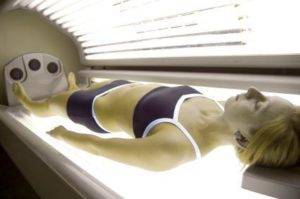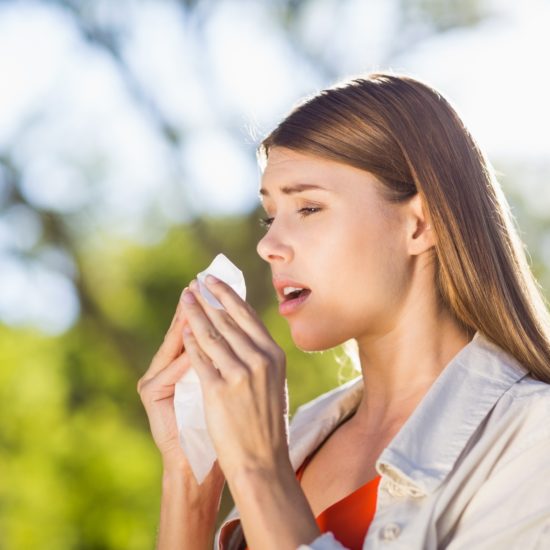6 Things You Didn’t Know About Tanning
1. There are invisible rays penetrating through your skin!
Although we cannot see them, there are three types of ultraviolet rays (UV rays) in the sun that travel through the atmosphere and reach us on earth. These rays include UVA, UVB, and UVC. They can come in contact with our skin, and cause things like tans, burns and other reactions.
2. Tans look good on the outside
On your body, a tan looks awesome. But a tan is very different on the inside of your body than on the outside. On the outside, you may look like a Greek God, or Goddess, but underneath it all your skin has been fried and damaged beyond compare. Imagine your entire body covered in patches and spots of all different colors – almost like mold. Well, that is exactly what UV damage looks like under special UV lights.
 3. Ever wondered why your grandparents have dark patches on their skin?
3. Ever wondered why your grandparents have dark patches on their skin?
When you age, the layers of skin on your body become thinner and loose elasticity. The sun damage from youth can show up years later as patchy uneven toned sun spots. Does the God-like body really compensate for the damage which reveals itself later?
4. Dark skinned people CAN get sun burnt
It’s no fair that you are pale white and turn as red as a lobster in the sun – even with loads of sunscreen – whereas your darker-skinned friend seems to get a beautiful tan without a dab of sun screen. Even though it looks like dark skinned people do not burn, they can become just as burnt as pale skinned people – it just doesn’t turn red, and it takes a littler longer.

5. Tanning bed are NOT safer than tanning outdoors
Despite what you may have heard, tanning bed are not safer than tanning outside. In fact, they are both equally dangerous. Tanning bed still deliver UV rays to your skin and can cause the same damage. In fact, research shows that even short-term use of tanning booths or beds can cause premature aging of the skin, and skin cancer. In a tanning in sun your eyes are exposed to radiation levels Neither tanning option is particularly safe, but if you are going to tan anyway, might as well tan outside – the sun is free.
6. The C word.
The worst thing that is caused by over-exposure to UV rays is skin cancer. More than 90% of skin cancer cases are caused by the sun, and 1 in 3 Caucasians will be diagnosed with skin cancer sometime in their lifetime. The most common type of skin cancer is called Basal cell Carcinoma (BCC). It grows from the bottom layer of the epidermis and spreads to the surface – often appearing as a dark spot.
So before you hit the beach remember to always…
- Bring a shirt or a hat in case you start to become burnt or overheated.
- Always, ALWAYS, use sunscreen of a reasonable SPF… like 30 or 45 (don’t worry, you will still tan with sunscreen on) – and none of that tanning oil stuff! Use that and you’re asking for a nasty red burn.
- RE-APPLY!! Putting on sunscreen once over the span of a whole day will not fully protect you – Especially if you go swimming, or get really sweaty.
- Be sun smart!!
Also Read
4 Serious Dangers of Sunscreen


